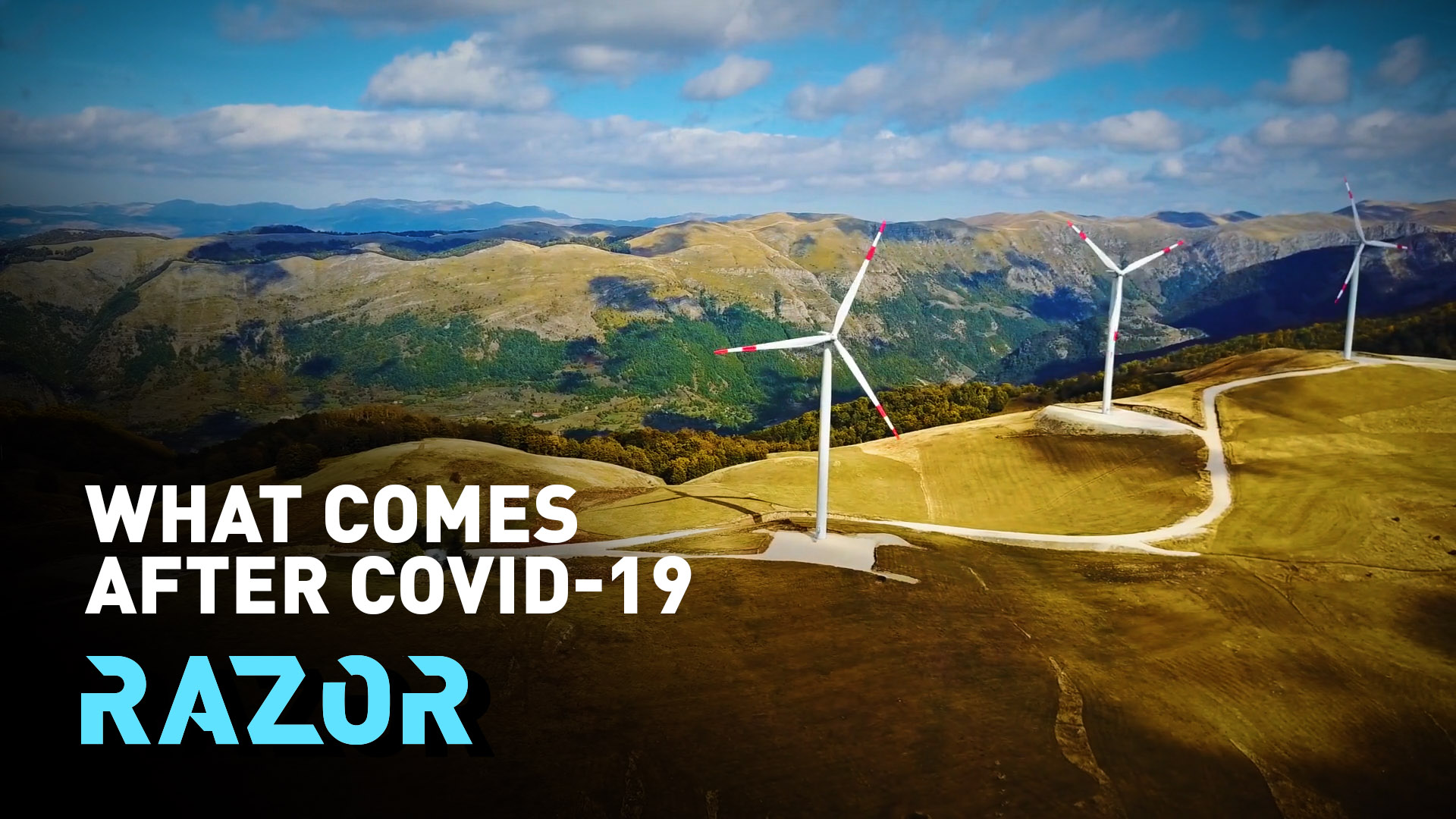30:00

The focus during the pandemic has been on saving lives. Now governments are turning their attention to economic recovery. But there are positive signs the crisis could be an opportunity to explore a greener, more sustainable recovery.
Some countries are reopening their borders to international travel, which means airlines must reduce the risk of infection. Professor Qingyan Chen and his team from Purdue University have modeled different scenarios of how droplets can circulate in air cabins to allow for safer designs for future travel.
Large gatherings and sporting events that went ahead before lockdown are thought to have caused local spikes in infection. However, recent images of busy beaches and Black Lives Matter protests have shown that people are starting to feel like they can be in a crowd again. But there is a way of analyzing our behavior and evaluating how we can safely gather in large numbers.
When we think about life after the pandemic, we soon find ourselves in the realm of social science. COVID-19 required many of us to move from the workplace into a virtual office at home. That change has brought challenges, but it's also brought insights into how things could be improved in a post-COVID world.
Even before the virus spread, one New Zealand boss changed to a four-day working week and said going back to our old ways after the pandemic would be a wasted opportunity.
Paul Williams is a Doctor from Teesside in the North East of England. Once lockdown measures were put in place, he saw his practice disappear overnight. He told RAZOR producer, Neil Cairns that, in a post COVID world, he hopes that things will never be "normal" again.
Check out The Pandemic Playbook, CGTN Europe's major investigation into the lessons learned from COVID-19.
Video Editor: Reza Pashankpour